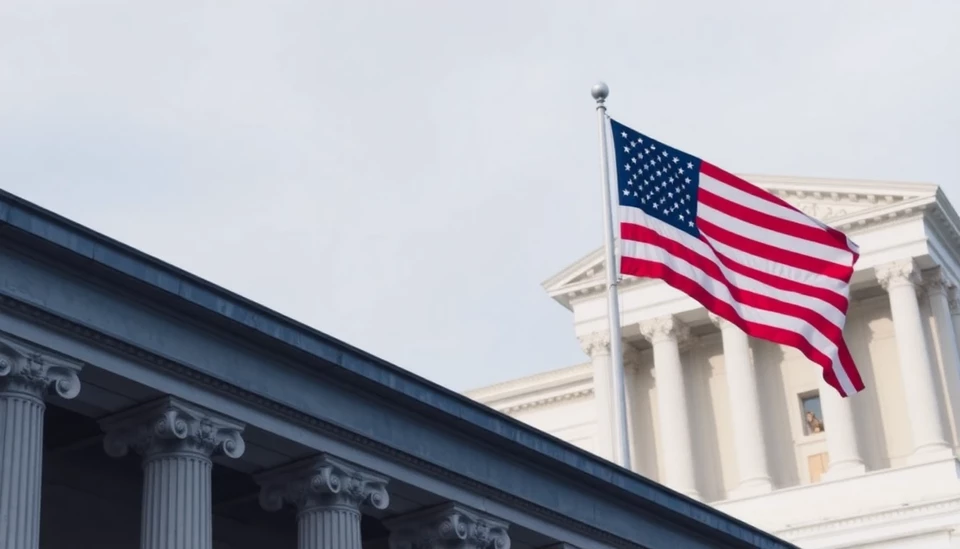
In an unprecedented move, central banks from the G-7 nations are preparing their first coordinated response to the political chaos in the United States. This development comes as tensions run high within international markets, driven by the U.S. government’s instability and escalating partisan conflicts that threaten economic policies. With the financial repercussions being felt worldwide, central banks are stepping up to safeguard their economies from potential fallout.
The urgency of this collective action highlights a growing concern among G-7 member nations about the predictability of U.S. monetary policy. As the world’s largest economy grapples with severe internal divisions, officials are apprehensive that the lack of coherent fiscal policies may lead to disastrous effects on global economic stability. As a result, a series of meetings are underway to solidify a unified approach to mitigate risks associated with this turmoil.
Key figures from central banks across Canada, France, Germany, Italy, Japan, the United Kingdom, and the United States are actively discussing strategies to cushion their economies against possible shocks. These discussions come at a time when markets are increasingly jittery, reflecting a widespread fear that the ongoing political unrest could lead to significant economic repercussions. With a lack of confidence in the U.S. government’s ability to manage its fiscal responsibilities, G-7 leaders are questioning the long-term implications this may have for the global financial system.
Recent events in the United States, including contentious legislative battles and dithered policy decisions, have raised alarms internationally. Economists warn that decreasing trust in American economic leadership could result in diminished foreign investments and increased volatility in currency markets. Consequently, G-7 central banks are prioritizing measures to stabilize their national economies without jeopardizing their existing trade relationships with the U.S.
Central bank officials have indicated that they will be exploring various tools, including coordinated interest rate changes and enhanced liquidity supports, aimed at ensuring that financial systems remain robust in the face of potential American economic disruptions. By collaborating more closely, these banks hope to create a buffer that can absorb shocks and maintain market confidence.
While such cooperation among central banks is not entirely new, the current circumstances are particularly striking due to the looming uncertainty over American economic policy. Analysts suggest that addressing these challenges collectively will be paramount in preventing a cascade of economic instability that could emanate from U.S. decisions made in haste under political pressure.
As the G-7 central banks prepare their joint response, the focus will be on transparency and communication, as these elements are crucial to retaining public trust and mitigating panic in the global markets. Shares, currencies, and economic indicators will be closely monitored as the situation develops. Market observers expect a detailed action plan to be unveiled in the coming weeks, which could set the tone for international monetary policy amid ongoing upheaval.
The world is watching closely, as the decisions made by these central banks will likely have significant consequences for the global economy. Collaborative measures can offer a pathway to stability, but the challenge remains of navigating the intricacies of national interests versus a unified global economic strategy.
In conclusion, the G-7 nations are taking a proactive approach as they grapple with uncertainties stemming from the U.S., seeking to forge a collaborative response to maintain economic stability in this time of unrest. With future financial security at stake, the actions taken by these central banks may pave the way for a new era of international economic cooperation.
#G7CentralBanks #USPoliticalChaos #GlobalEconomy #MonetaryPolicy #EconomicStability #FinanceNews #CentralBankResponse
Author: Rachel Greene




